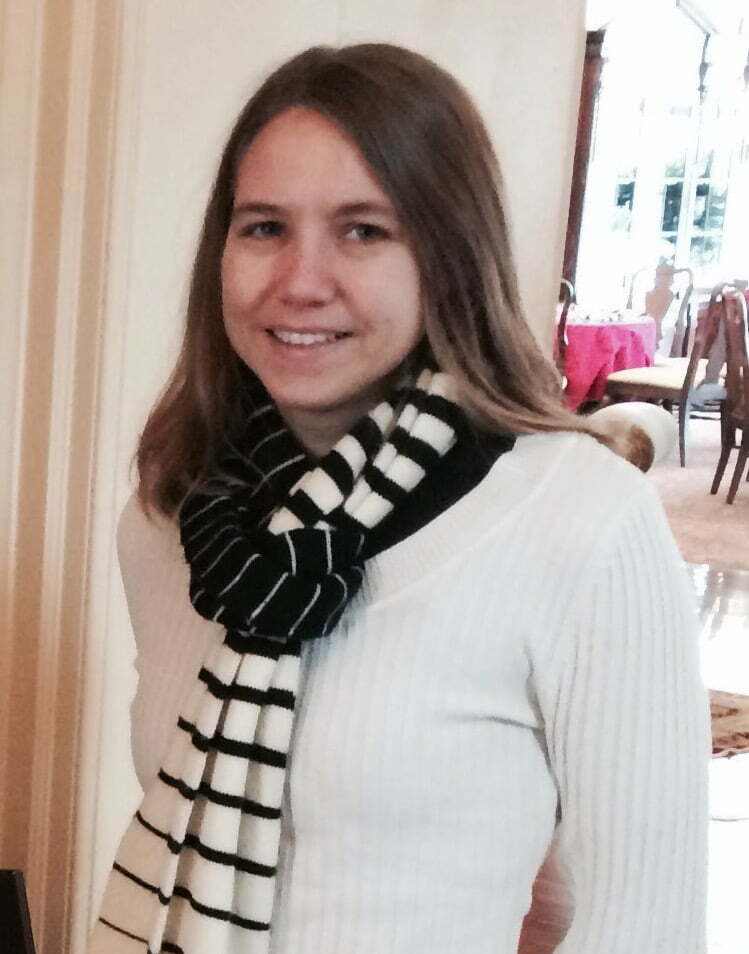Member Insight – Jess Edwards
 What sparked your decision to become an epidemiologist?
What sparked your decision to become an epidemiologist?
I read “Infections and Inequalities” by Paul Farmer my third year in college. I had thought that perhaps I wanted to be a doctor because I enjoyed science and wanted to do something “useful” in the world, but I was also studying international affairs because I was curious about political philosophy and its impact on people’s lives. Before I read that book, I naively thought that these were separate interests. Afterwards, training to become a medical doctor who treated individual patients seemed woefully inadequate to tackle injustice on such a broad scale, and working in international affairs seemed too abstract to make a difference. Plus, I had this idea that being an epidemiologist meant a lot of trekking through the jungle looking for diseases, which sounded great. That idea persisted until nearly the end of my first year of grad school, when I was sitting in Charlie Poole’s class and realized that a lot of epidemiology is like solving a big puzzle, often with the help of computer code or working out math problems on the back of a napkin. Luckily, that part is fun too.
What do you see as the biggest obstacle facing epidemiologists in the next five years?
Missing information. And having so much data that it is hard to see what we are missing.

Do you have any pets?
Not currently. My partner and I lived with the best Epi-Dog in the world, a golden retriever named Macro, who was a Very Good Boy. He passed away last year (much too soon). But, while he was in our lives he attended many informal meetings of epidemiologists and could frequently be seen (and heard) on zoom.
Why did you join SER? What keeps you coming back?
I joined SER as a student in 2010 on the advice of mentors who encouraged me to gain experience presenting my work. I had no idea that epidemiologists would be such interesting people to get to know or that the late-night conversations at the annual meeting would be so fulfilling. I was also surprised by the diversity of ideas and the somewhat divergent schools of thought that are represented within SER. This intellectual diversity makes the annual meeting a great place for the cross pollination of ideas. Finally, as a body, SER offers a place for us to come together to take stock of where we are going and how we are getting there.
What advice do you give students who want to become epidemiologists?
Epidemiology is this great combination of all of your favorite subjects in college, whatever they were. Being an effective epidemiologist requires being well rounded and can feel like cross training. On any given day, you have to be able to juggle complex quantitative analyses and speaking to the public, detailed reviews of peer work and creating new ways to visualize results. In any given setting, you may be called on to defend your use of a new statistical approach, present your work in a language that is not your first language, design a study to learn about an urgent public health problem, and explain in practical terms what results mean for public health and beyond. For that matter, in the course of conducting an epidemiologic study, you might, in fact, have to trek through the jungle or ride a horse, learn a new programming language or spend time in the lab.
So stay curious. Be kind. Embrace technical rigor (even if you think that isn’t “your thing”), but don’t be afraid to be creative when addressing new or interesting problems.
Outside of epidemiology what do you enjoy doing?
Riding a bike! I enjoy being outside, and being on a bicycle is a great excuse to spend time in the woods or on scenic country roads.
What is something that not many people know about you?
Even when very busy, I read a lot of fiction to decompress. The dark side of this is that I will occasionally (perhaps too often) pick up a new book to read “for a few minutes” before bed and accidentally stay up until 4am to finish it. One of my greatest fears as a kid was that I would run out of interesting books to read.
